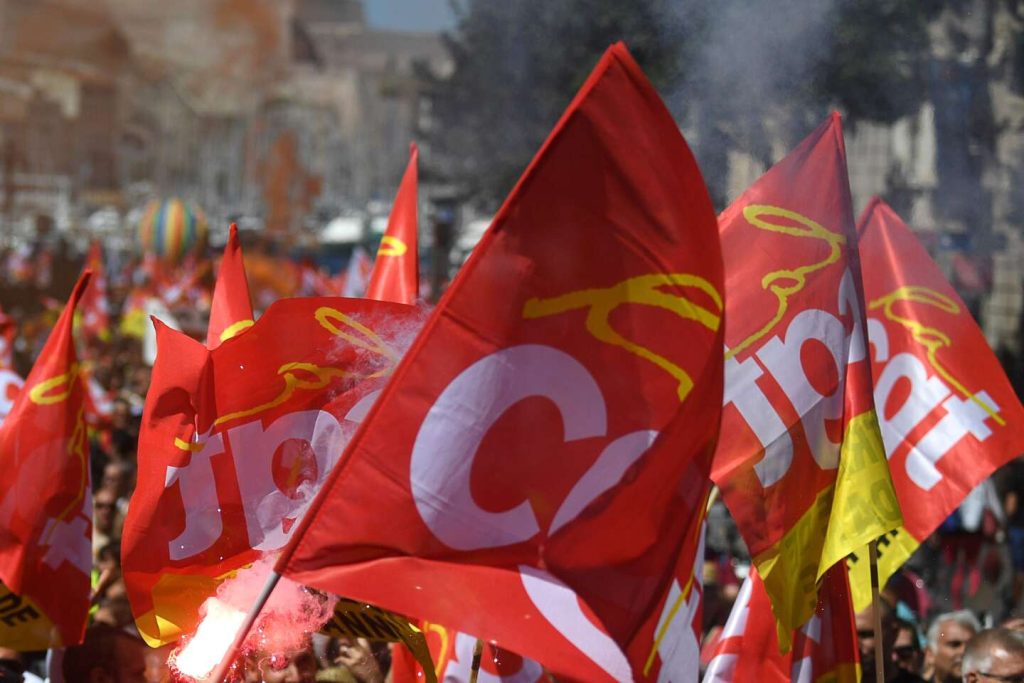A suspended prison sentence of one year was requested on Thursday, March 28th, against a CGT union official in the Nord region, who was being judged in Lille for “apology of terrorism” after a controversial leaflet expressing support for Palestinians. The decision was postponed to April 18th. The prosecutor argued that the leaflet portrayed these horrors as if they were inevitable and legitimized a mass attack under the guise of historical analysis. The defendant, responsible for the publication of the CGT 59 website, was accused of publicly apologizing for an act of terrorism and inciting hate or violence.
One specific passage in the leaflet that was criticized read, “The horrors of the illegal occupation have accumulated. Since Saturday, they are receiving the responses they have provoked.” The leaflet was removed from the website and replaced with a corrected version three days later. During the trial, the union official made a brief statement emphasizing the values of humanity, defense of workers, opposition to social injustice, and solidarity among people. He condemned terrorist acts in general, including the one on October 7th, and expressed that his statement was on behalf of the collective.
During the four-hour trial, the defendant, a healthcare worker at a hospital in Valenciennes, remained mostly silent in response to questions from the judge and lawyers, stating, “I will stick to my statement.” His lawyers argued for his acquittal, pointing out that the leaflet did not endorse the Hamas group’s actions or portray them in a favorable light. However, the lawyers representing the Jewish organization and Israelite community in Lille called for his conviction. CGT General Secretary Sophie Binet and Jean-Luc Mélenchon showed their support in a video testimony during the trial.
Sophie Binet and Jean-Luc Mélenchon highlighted their concerns regarding the arrest of union activists, labeling it as part of a troubling trend of repressing labor rights. They referenced over 1,000 CGT members facing legal action for their collective actions against pension reforms. The arrests and subsequent trial were seen as a broader crackdown on labor rights and freedom of expression. The trial showcased a divide between those calling for a conviction and those advocating for acquittal based on the interpretation of the leaflet’s content.
The trial reflected the ongoing tension surrounding support for Palestinian causes and the challenges faced by activists in expressing their views without facing accusations of terrorism apologia. The accused, a CGT union official, maintained his innocence and stood firm in his position during the trial. The case raised questions about the boundaries of free speech and the legal ramifications of expressing support for controversial political movements. The outcome of the trial would have broader implications for freedom of expression, particularly in relation to issues of conflict and political violence.


